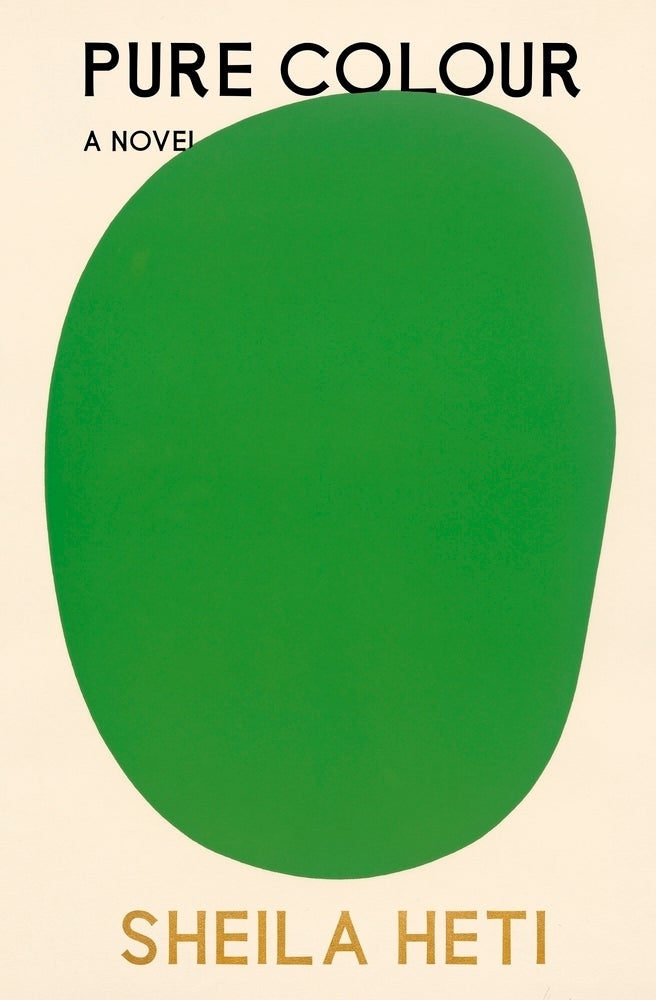Review: Sheila Heti offers a story strained by the surreal
Sheila Heti explores the fate of the spirit in her meditative novel, “Pure Colour.”

“Pure Colour,” by Sheila Heti (Farrar, Straus & Giroux)
A world determined by death and desire drives Sheila Heti’s “Pure Colour.” Interwoven by narrative, theory and criticism, Heti’s latest novel, caught in between the fate of the human spirit and the origin of the universe, drifts through adoration and creation.
Three different animal spirits are introduced in the beginning: the bird, the fish and the bear. People born of each possess a lens that prevents them from fully seeing eye to eye. Heti is interested in how these entities channel into the critical forces of judgement, and as God manifests as the three, the Earth is heating up for its second draft. This state of the universe subjugated in limbo contextualizes the novel’s dizzying scope, its story winnowed away by the world’s impending draft to come.
The close-third person narrator follows protagonist Mira, mostly from her mind’s eye as she ambles through her job at a lamp store, her studies in art criticism, the death of her father and her falling in love, each event culminating in an introspection on the inner self. The novel’s little action conveys the solipsism of modern friendship, the intangibility of romance, the pretensions of the mind and twisted filial love. Thought exercises take over plot.
Digressions in setting and tone structure the journey’s nine parts. These shifts lend the work a quality of a ruminative diary entry that rambles with little direction: Mira resting her tear-stained cheek against her roommate’s dog while grieving her father finds the fur wet flows into the arbitrariness of value systems; a colloquial exchange concerning a doomed planet follows an inner monolog on the role of nature; and Mira’s transformation into a leaf also contains her father’s spirit. While representative of Heti’s candor, they represent her quest into the ephemeral roots of meaning.
What pulls Heti’s writing together is observation for bodies and binaries. She writes, “To be a daughter is to be leaning, half. To no longer be a daughter is to be a whole thing, an orb,” capturing the twisted love of being parented. Later, these dimensions reach into the planetary. “We lived suspended in a soup, a depression so narrow and deep we didn’t even recognize we were feeling it. There was a horrible stasis in the air and our lives. We stood still in the stillness of time. It was like being in a plane that was slowly twirling to the ground.” The blunt grace of these sentences capture the essence of Heti’s novel as a light into the cliffhangers into the void.
Bookmark popover
Removed from bookmarks